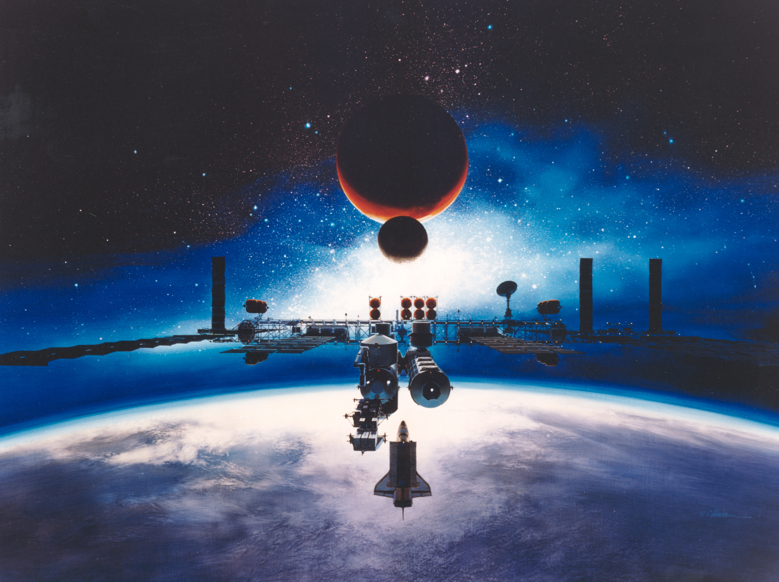Wednesday's: Philosophy validating panentheism
… in the nineteenth and twentieth centuries, science became too technical and mathematical for the philosopher, or anyone else except a few specialists. Philosophers reduced the scope of their inquiries so much that Wittgenstein, the most famous philosopher of this century, said, “The sole remaining task for philosophers is the analysis of language.” What a comedown, from the great tradition of philosophy from Aristotle to Kant! Steven Hawking
A Brief History of Time, A Boston Book, 1988, p. 174
With the introduction of the perceptual concept of the physical universe being limited to the physical, being limited to time and space, a rational understanding of the universe being immersed ‘within’ its creator (Pan-EN-theism) a new understanding regarding the whole of reality (see icon free books, generically oriented, panentheism addressing the Whole of Reality) opens up to the field of philosophy.
With the acceptance of a basic premise of science, namely: As with all knowledge, we may not be able to know ‘beyond all doubt’ but we can know ‘beyond a reasonable doubt’… philosophy can now, at the beginning of a new millennium (2000 CE) move beyond the sole task of analyzing language and once again devote itself to its true purpose, namely: Examining the dynamics of reality, the whole of reality.
With the introduction of a new perception of reality comes a wealth of potentially new philosophically creative ideas. Presently philosophy finds itself endlessly rehashing the old stagnant ideas. The new ideas panentheism introduces to not only philosophy but to religion, science and mathematics has the potential to resolve many of humanity’s oldest paradoxes and introducing new challenging paradoxes capable of once again stimulating human perceptual thought.
… in the nineteenth and twentieth centuries, science became too technical and mathematical for the philosopher, or anyone else except a few specialists. Philosophers reduced the scope of their inquiries so much that Wittgenstein, the most famous philosopher of this century, said, “The sole remaining task for philosophers is the analysis of language.” What a comedown, from the great tradition of philosophy from Aristotle to Kant! Steven Hawking
A Brief History of Time, A Boston Book, 1988, p. 174
With the introduction of the perceptual concept of the physical universe being limited to the physical, being limited to time and space, a rational understanding of the universe being immersed ‘within’ its creator (Pan-EN-theism) a new understanding regarding the whole of reality (see icon free books, generically oriented, panentheism addressing the Whole of Reality) opens up to the field of philosophy.
With the acceptance of a basic premise of science, namely: As with all knowledge, we may not be able to know ‘beyond all doubt’ but we can know ‘beyond a reasonable doubt’… philosophy can now, at the beginning of a new millennium (2000 CE) move beyond the sole task of analyzing language and once again devote itself to its true purpose, namely: Examining the dynamics of reality, the whole of reality.
With the introduction of a new perception of reality comes a wealth of potentially new philosophically creative ideas. Presently philosophy finds itself endlessly rehashing the old stagnant ideas. The new ideas panentheism introduces to not only philosophy but to religion, science and mathematics has the potential to resolve many of humanity’s oldest paradoxes and introducing new challenging paradoxes capable of once again stimulating human perceptual thought.

 RSS Feed
RSS Feed